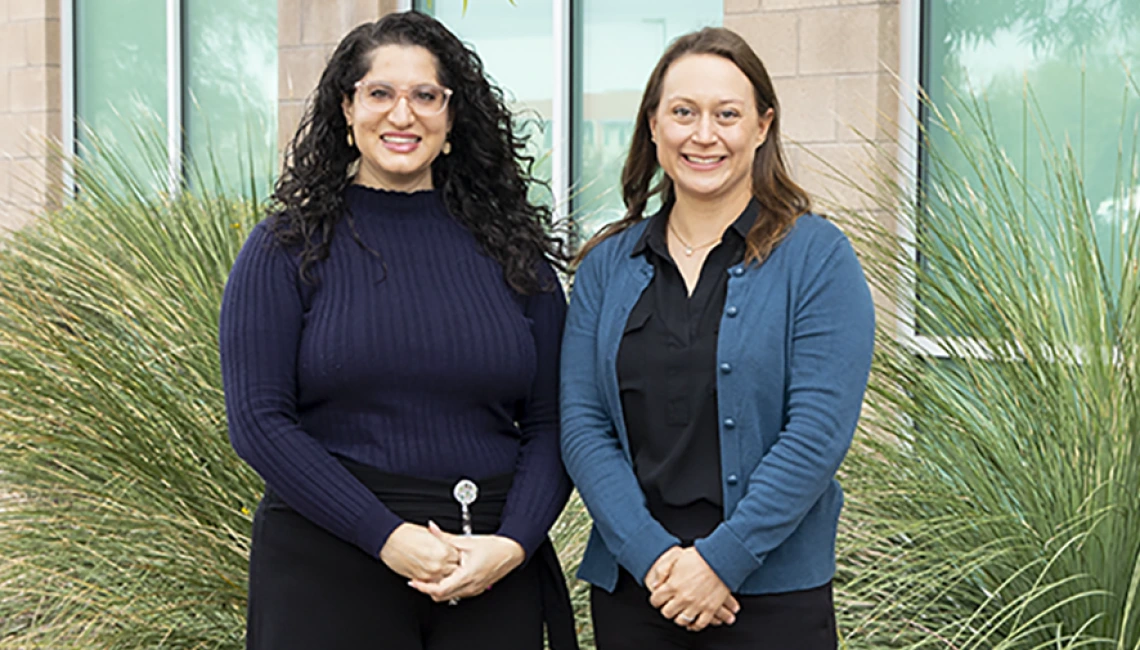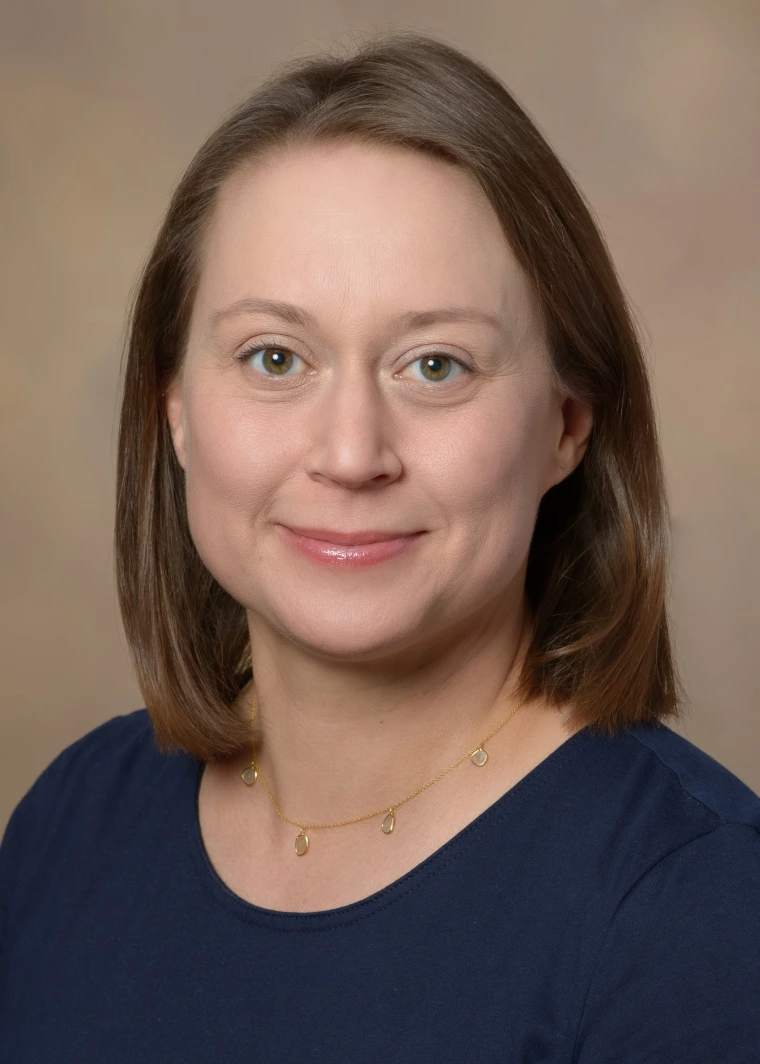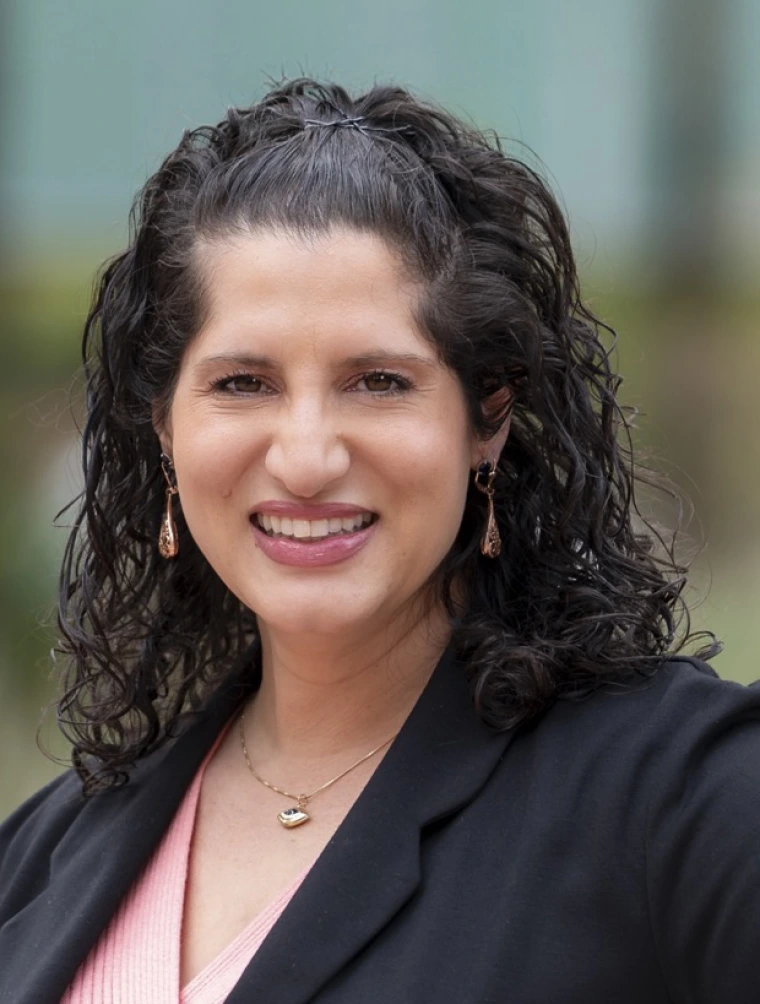Tucson Family Advocacy Program
A Medical-Legal Partnership for Health
The Tucson Family Advocacy Program (TFAP) is a partnership of health care providers and lawyers working together to improve the health and well-being of low-income patients and their families.
Mission

TFAP’s mission is to improve the health of low-income families in Arizona by providing coordinated legal, medical, social work and educational services in a health care setting.
As part of this mission, TFAP is working to:
- Improve the ability of low-income families to access benefits and services necessary for health and well-being
- Increase health care provider awareness of non-medical problems impacting patient health, knowledge of legal and social resources to address these problems, and ability to identify and assist patients in need of these services
- Increase collaborations between Arizona’s medical, legal and social service communities to improve health of low-income families
Legal Services
TFAP is located on site at two FCM residency clinics. Physicians and other health care providers at the clinics can refer low-income patients to TFAP for help with legal issues that may affect patient health.
TFAP works with referring health care providers and provides legal advice and assistance to patients in a wide variety of legal matters including:
- Access to health care
- Unsafe housing conditions
- Disability benefits
- Medical powers of attorney and living wills
- Medical exceptions for citizenship exams
Examples of cases TFAP has successfully handled include:
- A 60-year-old humanitarian refugee was referred to TFAP by her physician to evaluate her eligibility for Social Security benefits. Despite her severe health problems, she had been denied disability benefits and did not understand how to appeal. TFAP helped her prepare documents demonstrating good cause for filing a late appeal, as well as a new disability application requesting benefits retroactive to her original filing date. TFAP also collaborated with her doctor to submit medical information to Social Security to support her disability claim. Social Security approved the application for disability benefits and reopened her case. This resulted in an award of the maximum amount of monthly disability benefits as well as back payments for the prior 18 months. With the money received, she was able to remain in her apartment and repay loans for her living expenses.
- A family medicine physician referred an elderly couple to TFAP after their applications for food stamps and Medicaid were denied. TFAP determined that the state agency had wrongly denied coverage based on an error in calculation of the couple’s income. With TFAP’s help, they appealed the denials and submitted documents verifying the family’s true income. Within weeks, they had medical insurance coverage and money for groceries.
- A 47-year-old disabled woman was referred to TFAP by her family medicine doctor after her insurer denied coverage for a medication prescribed for her complex medical conditions. Without the medication, she was in severe pain. TFAP consulted with her doctor to prepare documentation demonstrating that the prescribed medication was medically necessary because of her multiple drug allergies and potential adverse interactions with other medications. The denial was reversed, and she obtained the medication her doctor prescribed.
Educational Presentations
In addition to legal assistance for referred clinic patients, TFAP also educates health care providers and community partners about legal issues that impact patient health. Advocacy education for health care providers is an integral part of this interdisciplinary team approach to patient care and includes Family and Community Medicine faculty and residents, students from College of Nursing and College of Medicine – Tucson, and staff and students at University of Arizona RISE Health & Wellness Center’s Camp Wellness. Topics include:
- Multidisciplinary Screening, Treatment and Referral Options
- Understanding the Social Security Disability Process
- Forms and Letters 101: Completing Documents Your Patients Need
- Social Determinants of Health
- Advance Care Planning
- Refugee 101 for Health Care Providers
TFAP’s work would not be possible without the help of other partners and volunteers, including:
- Arizona Foundation for Legal Services and Education
- Alvernon Track Residents of Department of Family & Community Medicine
- South Campus Track Residents of Department of Family & Community Medicine
- Southern Arizona Legal Aid
- Sonoran Center for Excellence in Disabilities
- Arizona Refugee Resettlement Program
- International Rescue Committee-Tucson
- Lutheran Social Services of the Southwest
- Catholic Community Services of Southern Arizona
- UA RISE Health & Wellness Center, Camp Wellness
- Iskashitaa Refugee Network
- Volunteer attorney
Report for the Arizona Developmental Disabilities Planning Council
Elevating Refugee Perspectives about Access to Disability Services in Arizona”, Sonoran Center for Excellence in Disabilities. For the Arizona Developmental Disabilities Planning Council. Armin J, Farkas .J, Aldulaimi S, Teeple S, Fallah D (February 2024)
Publication
Documenting US Citizenship Examination Exemption for Medically Qualified Refugees (2024)
Multi-level Health Literacy Teaching Tool: What To Do Before, During, and After Your Medical Visit
Translated into eight languages: English, Arabic, Farsi, French, Kinyarwanda, Nepali, Swahili and Tigrinya.
For the best display, print double-sided on 8x14 legal size paper. It can then be folded as a trifold pamphlet with photos and simple text on one side and more detailed information on the same topics on the back side.
The Pre/Post Teaching Survey can be used for any non-commercial educational purpose including refugee health care orientations, ESL classes, or in individual teaching opportunities with your refugee clients or patients. Send any completed surveys or other feedback on how you are using this tool at your agency or clinic to teeple@arizona.edu or by fax to 520-874-7141.
Navigating the complex health care system in our country is difficult for anyone. This task is even more challenging for individuals with language or cultural barriers and those who have arrived recently in the U.S. Learning how to prepare for and fully participate in a medical appointment is not only essential for accurate diagnoses and appropriate medical care, but also for documentation of any medical impairments to qualify for disability-related benefits.
With the help of many community partners and volunteers, TFAP created and revised a multi-level health literacy teaching tool, “What to do Before, During, and After your Medical Visit.” It has been translated into eight languages so far: English, Arabic, Farsi, French, Kinyarwanda, Nepali, Swahili and Tigrinya.
For the best display, print double-sided on 8x14 legal size paper. It can then be folded as a trifold pamphlet with photos and simple text on one side and more detailed information on the same topics on the back side. The Pre/Post Teaching Survey can be used for any non-commercial educational purpose including refugee health care orientations, ESL classes, or in individual teaching opportunities with your refugee clients or patients. Send any completed surveys or other feedback on how you are using this tool at your agency or clinic to teeple@arizona.edu or by fax to 520-874-7141.
Many people collaborated on this project by providing feedback on revisions to this health literacy tool or with the translation and verification process. We want to thank our refugee resettlement partners at the Arizona Refugee Resettlement Program, IRC-Tucson, Lutheran Social Services of the Southwest and Catholic Community Services; the Refugee Women’s Health Clinic; medical providers at Banner – University Medicine family medicine clinics; student interns; volunteer actors; U. Arizona Peace Corps Coverdell Fellow; and teachers at Pima Community College ESL program for refugees for their collaboration and expertise to help improve use of this tool for individuals with varied literacy levels and languages.
- 2024 UA College of Medicine-Tucson: Excellence in Diversity, Equity and Inclusion Award
- 2023 Paul H. Chapman Award from The Foundation for Improvement of Justice
Please join us in our mission to improve the health of low-income individuals. TFAP is a multidisciplinary partnership of health care providers and lawyers in the University of Arizona Department of Family and Community Medicine working together to improve patient health. TFAP provides free legal services and education to low income patients in areas affecting patient health including disability benefits, domestic violence and access to health care. TFAP also educates health care providers about legal issues that impact health, including how they can better help their patients obtain necessary medical services and benefits.
Select FCM: AZ Health Policy and Law: TFAP from the pull-down menu
Give by Mail
Your tax-deductible donations ensure ongoing collaborations between health care providers and lawyers to improve patient health. Please make your check payable to the University of Arizona Foundation and specify “FCM: Tucson Family Advocacy Program” on the check’s memo line.
Tucson Family Advocacy Program
University of Arizona Family Medicine
707 N. Alvernon Way, #101
Tucson, AZ 85711
TFAP is part of the MLP Network, a voluntary affiliation of medical legal partnerships created by the National Center for Medical-Legal Partnerships. Medical legal partnerships in the network share resources, help to cultivate best practices and engage in joint projects. These partnerships provide services to vulnerable patients in more than 450 health care organizations in 49 states and D.C.
To find free or reduced fee legal help in Arizona for each county, see the AZLawHelp website.
TFAP is part of the MLP Network, a voluntary affiliation of medical legal partnerships created by the National Center for Medical Legal Partnerships.



